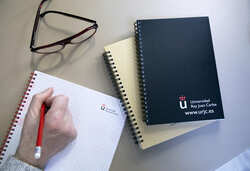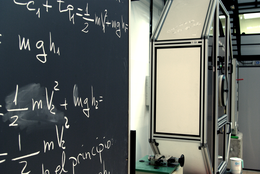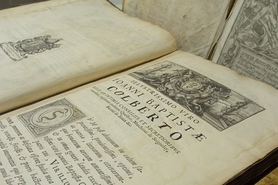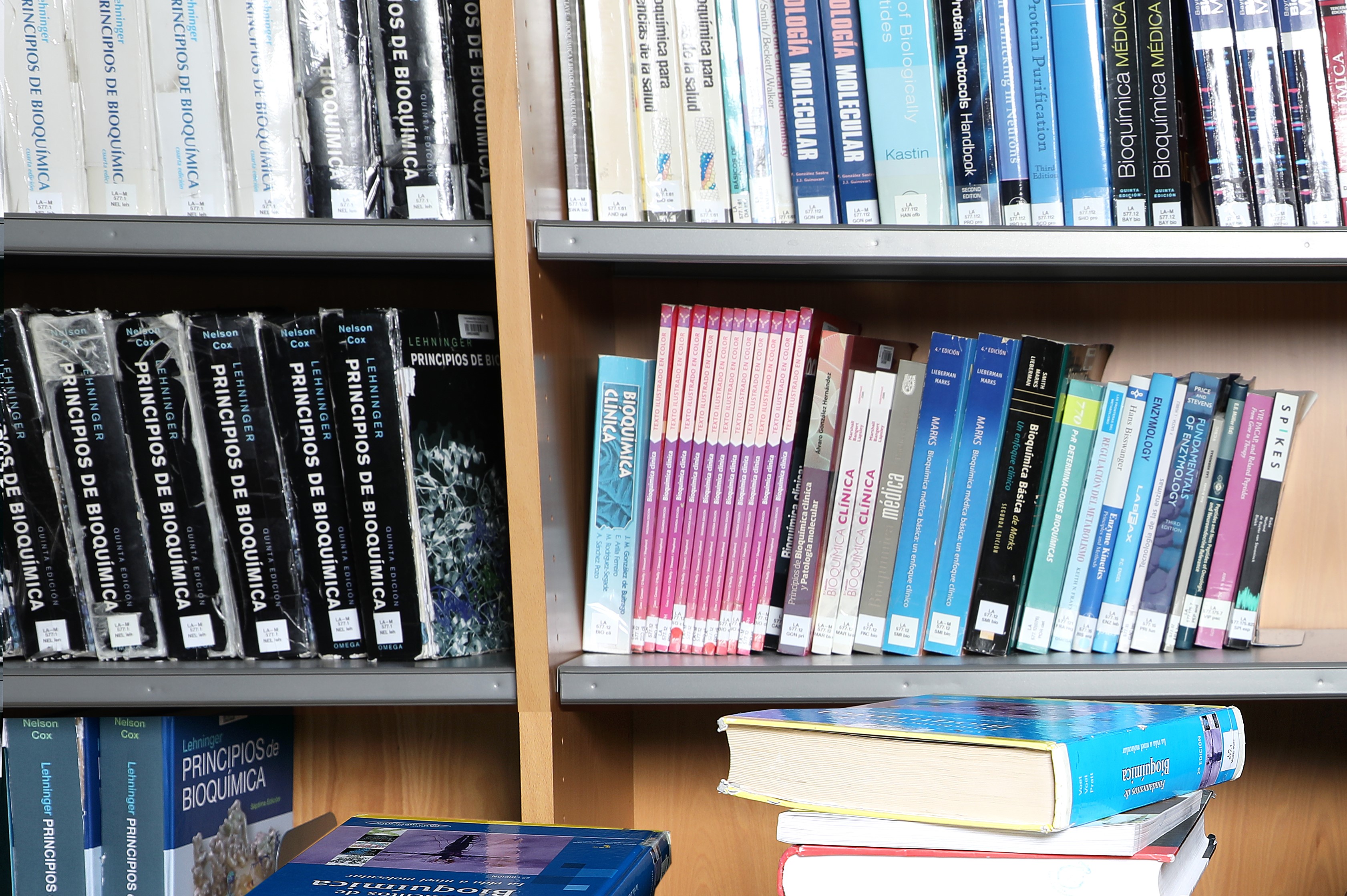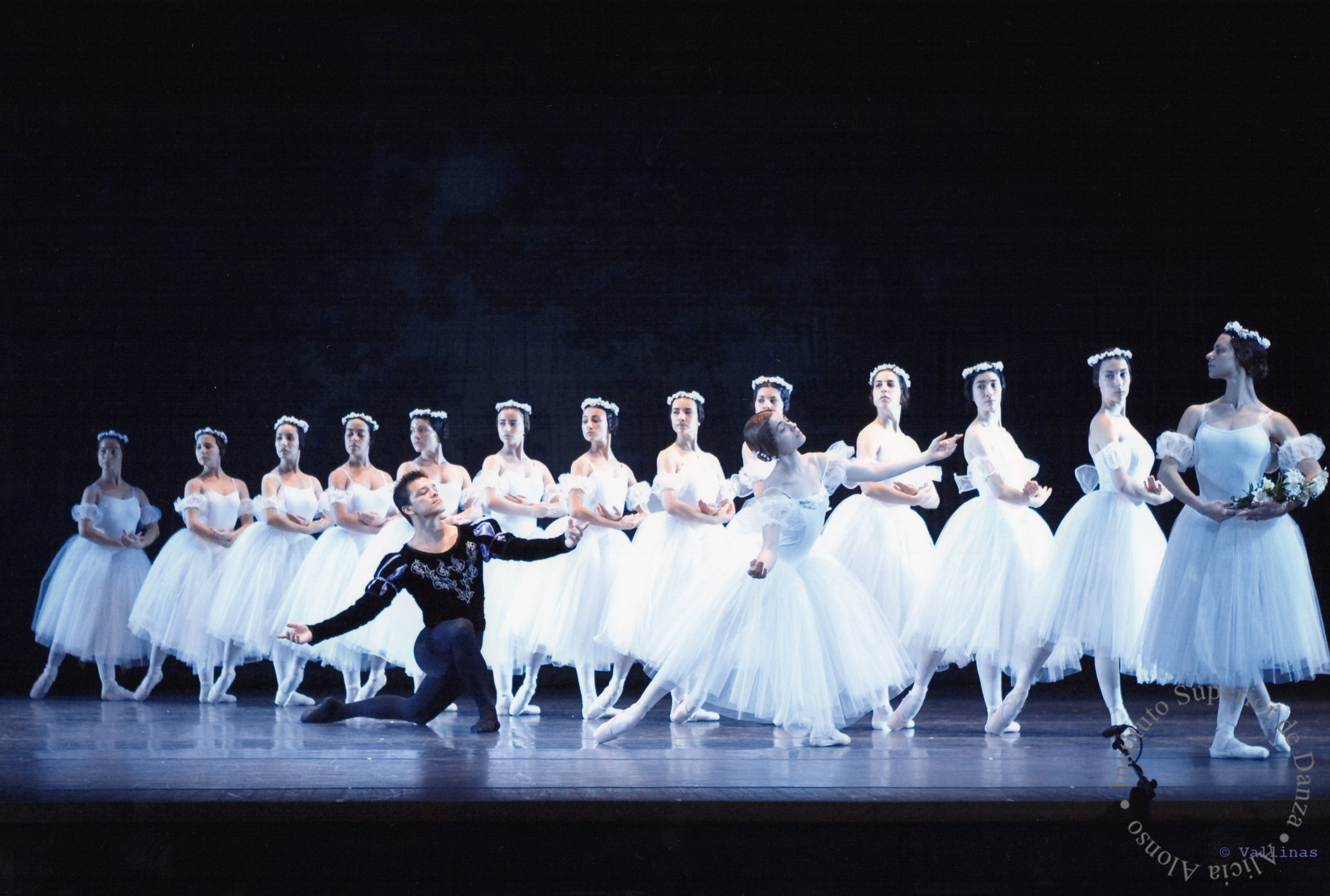
BURJC-Digital es el nombre del Repositorio Institucional de la Universidad Rey Juan Carlos. Tiene como objetivo archivar y preservar la producción científica resultante de la actividad académica e investigadora de la comunidad universitaria, con el fin de difundirla en acceso abierto.
Estadísticas
26,700
Items totales
19,607
Items en acceso abierto
2,549,192
Visitas totales
1,843,722
Descargas totales
Envíos recientes
Participación ciudadana y planificación del desarrollo en el cantón Portoviejo en Ecuador
(Universidad del Zulia, 2024-12-08) Olivan López, Fernando; Luque González, Arturo; Tolala, J. Marcelo
El presente estudio analiza la participación ciudadana como un mecanismo de gobernanza, gobernabilidad y de desarrollo local. Para ello, estudia críticamente las limitaciones y los avances de la participación ciudadana en los procesos de planificación del desarrollo en el cantón Portoviejo-Ecuador, mediante un estudio descriptivo utilizando técnicas de investigación cualitativa y cuantitativa. A través de la aplicación del método Delphi se estudia desde un punto de vista multidimensional sus opiniones fundamentadas con la finalidad de analizar tanto su taxonomía como sus inconsistencias. A partir de ahí, se evidencia que en el primer periodo de gobierno municipal 2005 – 2009, existe una participación ciudadana informal asentada en hitos de desarrollo local; en el periodo 2014- 2019, se muestra la existencia de causas estructurales y de coyuntura que impidieron a los actores de la participación ciudadana incidir en el diseño de los planes de desarrollo, a diferencia del periodo 2019-2023, el cual registra un avance de participación, estableciendo legitimar el plan de desarrollo. Con ello como conclusión emerge una lógica de planificación y participación desde el poder, con una amplia percepción colectiva en la importancia de la organización social para gestionar la obra pública, así como una política de cooptación de la participación ciudadana.
Estrategias políticas en torno a la implantación del notariado en el norte de Castilla: la abadía de San Salvador de Oña
(Universidad Complutense de Madrid, 2017) PUÑAL FERNÁNDEZ, TOMÁS
La abadía de San Salvador de Oña (Burgos) en la edad media se configura como un importante centro de cultura escrita en el norte de Castilla. El funcionamiento y organización de su "scriptorium" nos señala el sistema de elaboración y expedición de documentos que justificaban su dominio señorial sobre un extenso territorio, así como las prácticas y usos documentales de la alta edad media, preparando el camino a la llegada e implantación del notariado público a finales del siglo XIII como derecho regio y unificador utilizado como herramientas política de la Corona en una estrategia de poder y soberanía entre jurisdicciones.
Televisión, Redes Sociales y Responsabilidad Social Educativa: una necesidad imperiosa
(Servicio de Publicaciones de la Universidad de Sevilla, 2024) De la Rubia Rivas, Mª Isabel
La educación es uno de los aspectos más relevantes de la vida social, como demuestra el interés de entidades públicas y privadas por su control. Precisamente vinculados a esta trascendencia, aparece la idea de los agentes educativos, figura que habitualmente se ha relacionado con el ambiente más próximo al sujeto, la familia, para luego extrapolarlo a
entidades suprafamiliares, como la escuela, el estado. La presencia de influencias aún más externas evidentes entre los agentes educativos actuales obliga a poner atención sobre el impacto que estas tienen en la evolución y formación de niños y adolescentes. Desde casi su aparición, los diferentes organismos y entidades vinculados a la comunicación han sido
conscientes de que el poder de los medios va más allá del entretenimiento. Sin embargo, el cambio de paradigma de un espacio público o social, propio de los antiguos medios como la radio o la televisión, a uno privado, como es el caso de las redes sociales, nos lleva a preguntarnos si somos conscientes del impacto real que estas herramientas tienen en sus usuarios,
especial pero no exclusivamente, en los más jóvenes. En este trabajo buscaremos revisar aspectos tales como la preocupación relativa al control de los medios de comunicación, la necesidad de prestar atención a este nuevo fenómeno desde el resto de los agentes educativos, por su relevancia en el comportamiento y la constitución de una nueva realidad social que a todos nos afecta. Esto se producirá a partir del análisis de artículos y trabajos de actualidad que centren su atención en los intereses en torno a los medios y los posibles efectos derivados de la falta de control de estos. Para terminar, al haber puesto de relevancia la problemática en torno a estos nuevos medios y su influencia en la conformación de la nueva sociedad, se resaltará la importancia de prestar atención a estos fenómenos y la necesidad de proponer nuevas soluciones.
Xilomanaliztli: La primera fiesta de las veintenas en el "Códice Tudela"
(Instytut Studiów Iberyjskich i Iberoamerykańskich, Uniwersytet Warszawski, 2021) De la Rubia Rivas, Mª Isabel
En el presente trabajo se exponen los principales rasgos de contenido, tanto del Libro Escrito Europeo como del Libro Indígena, de la primera fiesta contenida en el contexto del xiuhpohualli del Códice Tudela. En estas páginas analizamos detenidamente, por un lado, cada uno de los elementos que el amanuense describe y, por otro, aquello que el tlacuilo recoge, para tratar de esclarecer lo que esta fuente poco estudiada puede aportar a la luz de otras y por sí misma. De esta forma, el presente trabajo pretende poner el foco en la gran cantidad de información que ha quedado olvidada en las páginas de este documento, por su difícil acceso y por la poca atención que la historiografía tradicional le ha prestado. Por este motivo, lo aquí contenido es el primer análisis detallado que incorpora a la historiografía la información que el amanuense nos aporta en relación con el xiuhpohualli, y pone de manifiesto todo lo que aún queda por descubrir en las páginas de este manuscrito. Las páginas que siguen se limitan exclusivamente a la primera fiesta por la enorme cantidad de información que contiene, prueba una vez más de la importancia del Códice Tudela como fuente histórica.
La producción y el comercio de vino en el Madrid medieval
(Ediciones Complutense, 1994-01-01) PUÑAL FERNÁNDEZ, TOMÁS
Trabajo que estudia el cultivo de la vid, sus técnicas, usos y explotación en Madrid en la baja edad media, así como la producción y el comercio del vino en el mercado local.

